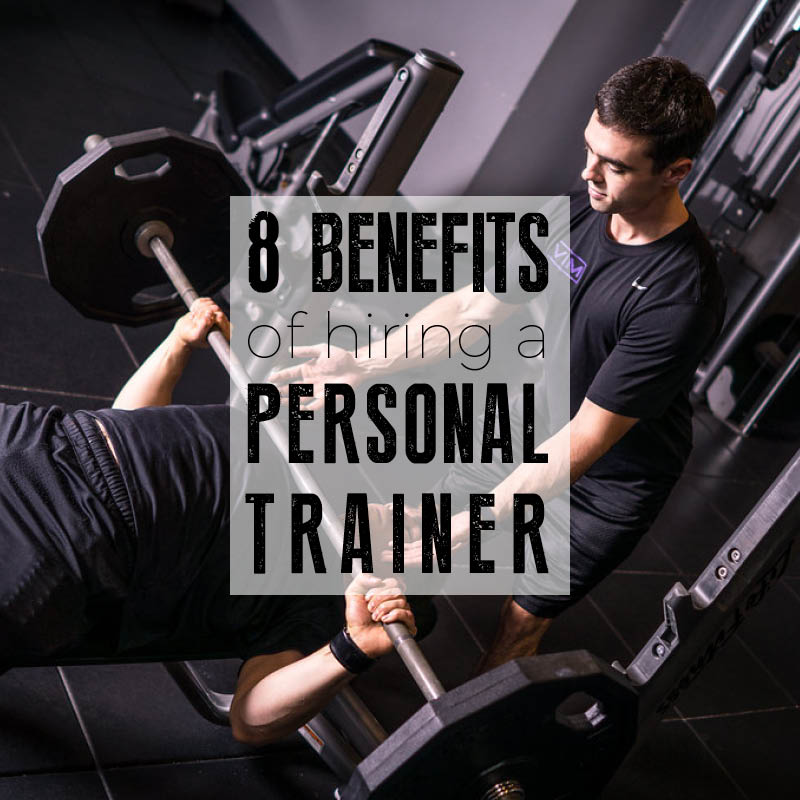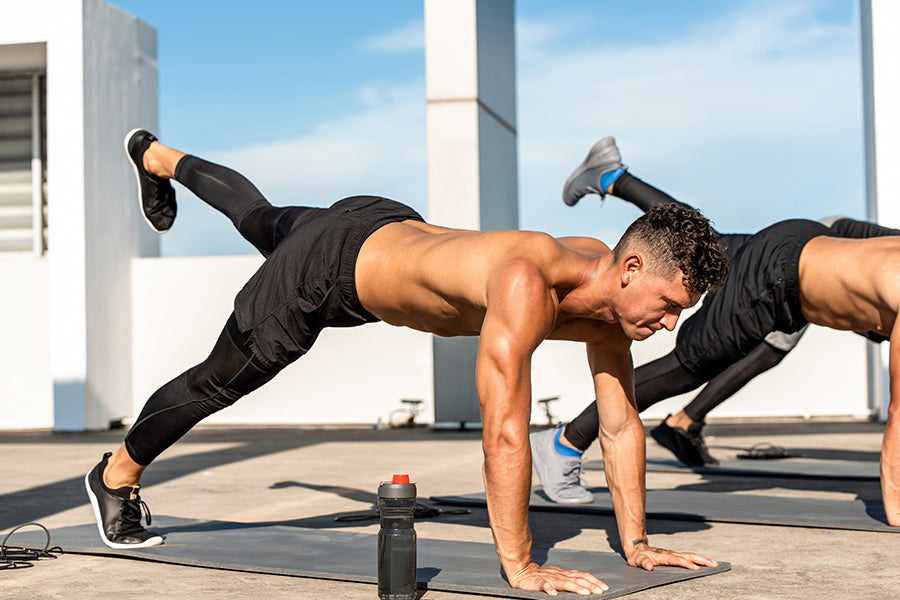
People who are interested in becoming personal trainers have many options. It is up to you to decide which one suits you the best. There are many factors to consider such as your salary, working hours, certification requirements, and more. You can find more details in the article below. As a personal coach, you'll be helping people improve their overall fitness.
Salary
Portland, Oregon has a median salary of $58,120 per yr for personal trainer positions. This is close to 30% more than the national norm. It also boasts more than three-times the number of personal trainer positions than the average national city, making it an attractive option for those looking to pursue a rewarding and fulfilling career in fitness.
You will be working with clients as a personal trainer to help improve their health and fitness. Depending on the level of your client's fitness and goals, you'll design workout routines to meet those needs. A personal trainer can also ensure that equipment is safe, establish a rapport with clients and provide fitness evaluations.

Certifications are required
Before you search for personal trainer positions in Portland, Oregon it is important that you understand the state requirements for certifications. In Oregon, there are more than 1000 certified personal trainers as of January 2014. This is a very high number, and the demand for personal trainers is projected to grow at a rate of 14.8% by 2026. It is a great time to become certified and launch your career.
There are many certifications that you can pursue. The NESTA certification is a comprehensive course that will enable you to be a professional trainer. This program is very affordable and gives you hands-on experience. It will teach you basic principles of exercise physiology. It will teach you how to assess clients and create exercise programs. You will also learn how to use technology like digital exercise logs and heart rate monitoring. The NESTA program provides a solid foundation for business, as well as how to build a company.
Potential earnings
Personal trainer jobs Portland OR can be very lucrative and offer a way to boost your salary. It is essential to be certified as a personal coach and to search for a job that is in high demand. These locations will offer more clients and be in a higher demand. You can also increase your salary by offering performance client training.
Personal trainers in Portland make an average $48K a year. This is nearly 30% higher than the national average. However, Portland's living costs are higher than the average. Portland, OR has more personal training jobs.

Hours of operation
Personal trainers are available to assist clients in improving their physical fitness. They can train professional athletes or not, and can tailor training to each client's needs. They make sure equipment is safe and establish rapport with clients. They can also conduct fitness evaluations.
FAQ
What happens if I don't get enough sleep?
If you don't get enough sleep, your brain doesn't receive the signals needed to regulate hormones and chemicals in regulating appetite and metabolism. As a result, your body may become more hungry and can gain weight. Insufficient sleep can lead to stress, which can cause overeating.
Do I need to drink alcohol while working out?
You shouldn't consume alcohol while working out because it has calories. It is possible to increase your endurance by drinking moderate amounts of alcohol (one glass per day). It can also help reduce fatigue and muscle pains caused by intense exercise.
Can I eat while I'm exercising?
Yes. Yes. Make sure you choose low-calorie snacks such as watermelon, carrots, celery, apples, bananas, and grapes. These foods are rich in nutrients that will help you work out better.
How many hours of sleep should you get each night?
The recommended amount of sleep varies depending on age, gender, and individual needs. Adults require 7 to 9 hours sleep per night. Teenagers and children typically need about 10 hours of sleep per night, but this number decreases as they grow older.
What does exercise do for your body?
Exercising helps you lose weight, build muscle mass, increase energy levels, reduce stress, and improve sleep quality. The benefits of exercise include improved moods, better self-esteem, increased productivity, and reduced risk of heart disease.
Statistics
- Adolescent girls were less active than adolescent boys, with 85% vs. 78% not meeting WHO recommendations of at least 60 minutes of moderate to vigorous intensity physical activity per day. (who.int)
- An estimated 110,000 deaths per year could be prevented (cdc.gov)
- In high-income countries, 26% of men and 35% of women were insufficiently physically active, as compared to 12% of men and 24% of women in low-income countries. (who.int)
- One study showed that adults who watch more than 4 hours of television daily had an 80% higher risk of death from cardiovascular disease. (heart.org)
External Links
How To
How to Stay Fit at Age 40
This article guides those who want to keep their body healthy and strong even at 40 years old. It includes basic advice on how you can eat right, exercise regularly, get enough sleep, and take good care of your mind. This article contains tips and tricks to live longer, healthier lives.
-
Healthy eating habits are key to staying fit. You should avoid processed foods products and opt to eat whole grains, fruits, vegetables and lean meats, fish and nuts as well as beans, seeds, nuts and seeds. Add something to your diet if it isn't what you like. This will not help you lose weight. Instead, start adding small amounts of new things into your daily meals. If you eat chicken breast most of the time, try turkey one week. Try rice occasionally if pasta is your favorite food. You can make these foods a regular part of your daily diet.
-
Exercise - Make sure to exercise at least three times per week. Include cardio activities like running, swimming, biking and dancing. Rest is also important. Aim to sleep 8 hours per night. In addition, make sure you drink plenty of water during the day. Every day, aim to drink at least 2 liters (0.5 gal) of water.
-
Sleep well - A good night's sleep is key to staying healthy. The National Sleep Foundation states that adults need 7-8 hours sleep per night to be in good physical and mental health. However, most people average less than 6 hours of sleep per night. Changes in your sleeping habits can make you more tired. By changing your sleeping time, you will be able to catch up more sleep. Turn off your phone prior to going to bed to help you wind down and relax. Avoid caffeine after noon to avoid insomnia.
-
Take care of your mental health - It is essential to take good care of your mind in order to keep your body healthy. Stress can lead you to make poor choices in food and lifestyle choices. Therefore, it's important to make sure that you practice stress management techniques such as meditation, yoga, breathing exercises, and relaxation techniques. Do something that is enjoyable for at least an hour. This could include taking a walk outdoors, reading a novel, listening or watching TV, and playing sports.
The above four points will ensure that you live longer and healthier. These four simple steps will help achieve your fitness goals.